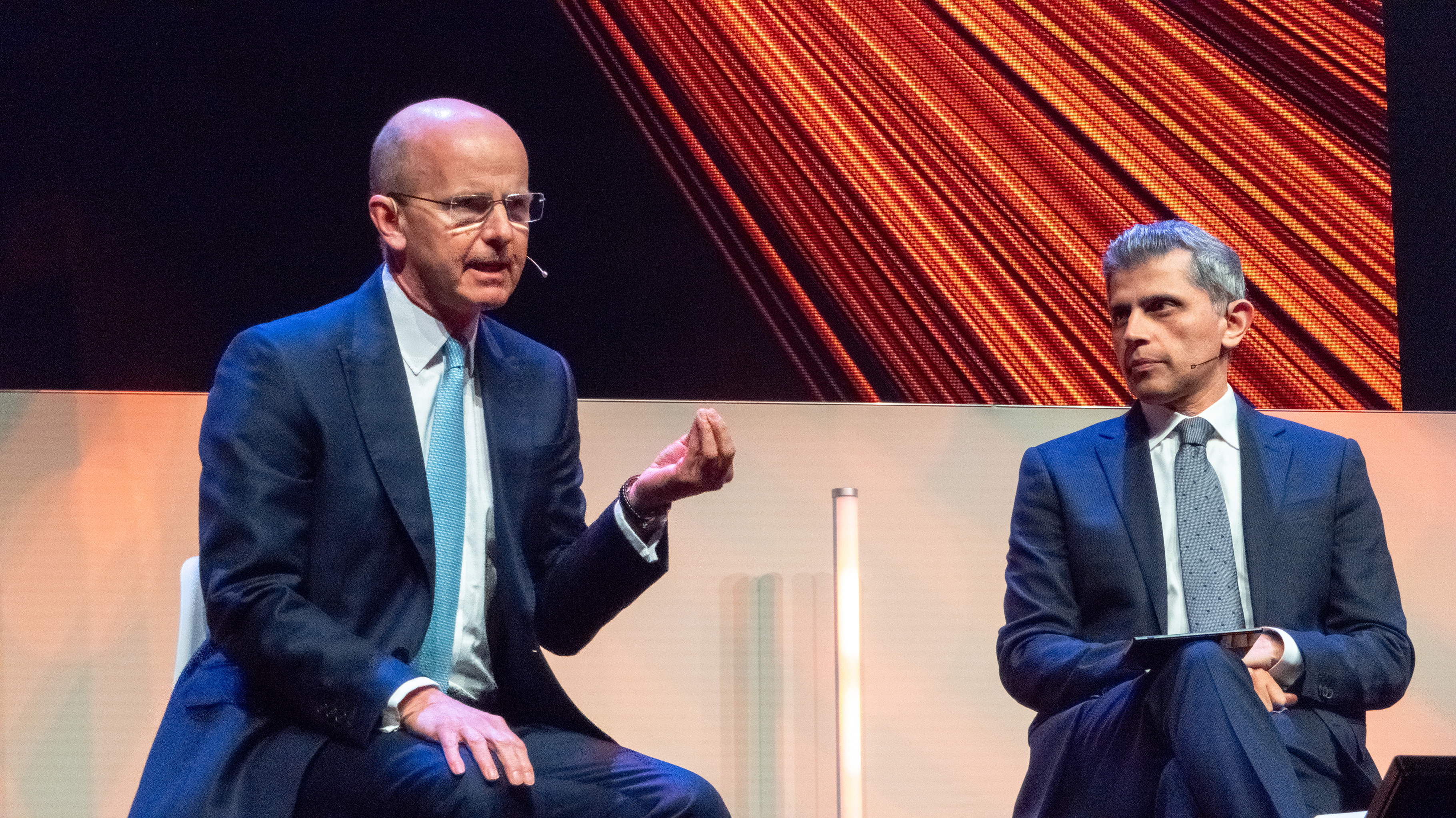Does the government want to snoop on your data?
Does the government really want you to tell them everything? And what are its new communications-watching plans all about? Simon Brew finds out more…

Home Office minister James Brokenshire has been trying to downplay the row that has broken out, arguing that "it's not about some new super-database or spying on the contents of everybody's communications".
Deputy Prime Minister Nick Clegg backs that up, saying that "I am totally opposed to the idea of governments reading people's emails at will, or creating a new central government database."
He argues that "all we are doing is updating the rules which currently apply to mobile telephone calls to allow the police and security services to go after terrorists and serious criminals, and updating that to apply to technology like Skype which is increasingly being used by people who want to make those calls and send those mails".
It's a traditional defence of any move that's perceived as impinging on civil liberties, and there's clearly something to the argument.
Even hardened civil liberties campaigners seem in agreement on that. Where the area of debate lies is where to draw the line. Under the extension of existing powers being proposed, there's the feeling of a grab everything, ask questions later' approach. That is, every piece of possible electronics communication is being stored, on the off chance that it might be needed. Campaigners argue that's the wrong way round.
It's not helped by the list of who's able to request information about your web use and communications details. In theory, local councils, the NHS, the Independent Police Complains Commission, the Office of Communications, the Royal Mail, the Department For Business, Innovation & Skills, the Food Standards Agency and many more can apply for access. In fact, under the existing legislation, the BBC reports that 552,550 requests were made for communications data in 2010, although not all of these were granted.
Big Brother Watch is one of the many organisations that raised objections to the plans. It argues that it's an "unprecedented step", that will see Britain adopt the same kind of surveillance as China and Iran", arguing "these plans are an unprecedented attack on privacy online and it is far from clear that this will actually improve public safety, while adding significant costs to internet business".
Sign up today and you will receive a free copy of our Future Focus 2025 report - the leading guidance on AI, cybersecurity and other IT challenges as per 700+ senior executives
-
 Trump's AI executive order could leave US in a 'regulatory vacuum'
Trump's AI executive order could leave US in a 'regulatory vacuum'News Citing a "patchwork of 50 different regulatory regimes" and "ideological bias", President Trump wants rules to be set at a federal level
-
 TPUs: Google's home advantage
TPUs: Google's home advantageITPro Podcast How does TPU v7 stack up against Nvidia's latest chips – and can Google scale AI using only its own supply?
-
 Cyber pros say the buck stops with the board when it comes to security failings
Cyber pros say the buck stops with the board when it comes to security failingsNews Fines, sanctions, and even prosecution are all on the table when it comes to cyber failings, practitioners believe
-
 Scania admits leak of data after extortion attempt
Scania admits leak of data after extortion attemptNews Hacker stole 34,000 files from a third-party managed website, trucking company says
-
 Former GCHQ intern risked national security after taking home top secret data
Former GCHQ intern risked national security after taking home top secret dataNews A former GCHQ intern has pleaded guilty to transferring data from a top-secret computer onto his work phone.
-
 Businesses must get better at sharing cyber information, urges former GCHQ chief
Businesses must get better at sharing cyber information, urges former GCHQ chiefJeremy Fleming, the former head of GCHQ, has warned businesses face increasingly sophisticated cyber attacks on critical national infrastructure (CNI).
-
 Top data security trends
Top data security trendsWhitepaper Must-have tools for your data security toolkit
-
 Why bolstering your security capabilities is critical ahead of NIS2
Why bolstering your security capabilities is critical ahead of NIS2NIS2 regulations will bolster cyber resilience in key industries as well as improving multi-agency responses to data breaches
-
 SEC data breach rules branded “worryingly vague” by industry body
SEC data breach rules branded “worryingly vague” by industry bodyNews The new rules announced last week leave many questions unanswered, according to security industry experts
-
 Crackdown on crypto needed to curb cyber crime, says expert
Crackdown on crypto needed to curb cyber crime, says expertNews Threat actors would struggle to generate money without the anonymity provided by unregulated digital tokens, but such a move would require worldwide buy-in